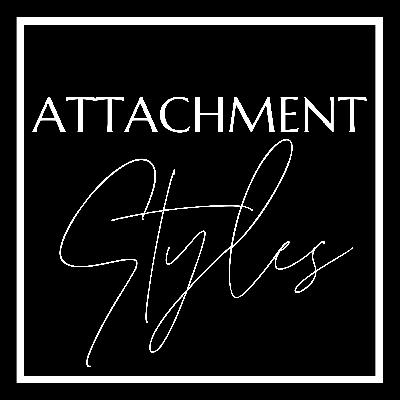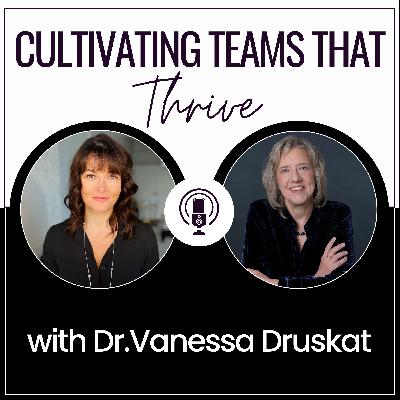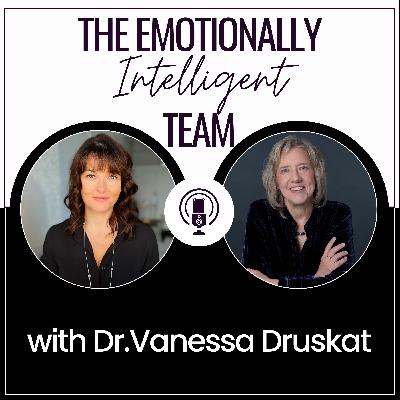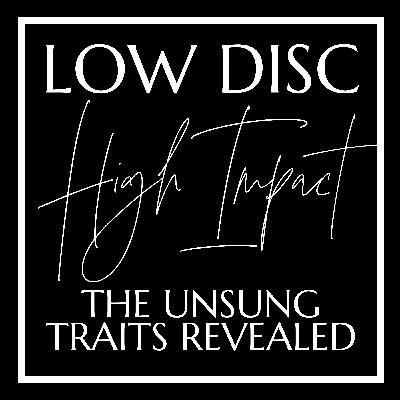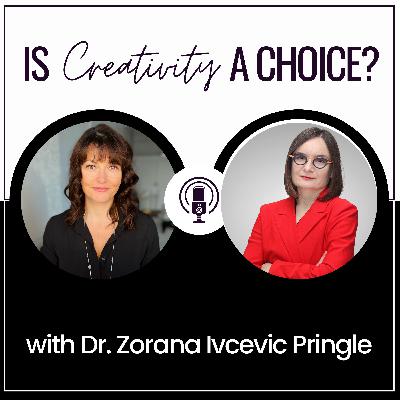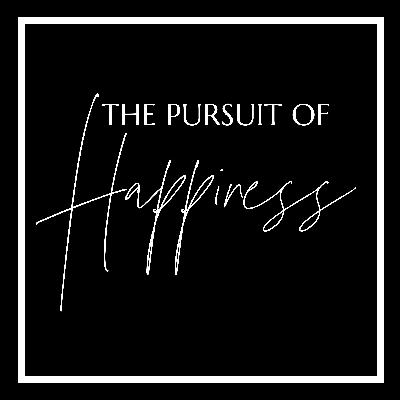Attachment Styles
Description
In this episode, Victoria explores attachment theory and DISC. From childhood caregiver bonds to professional relationships, Victoria unpacks how our early emotional experiences influence how we lead, connect, and collaborate.
Listen in to learn the four main attachment styles - Anxious/Preoccupied, Avoidant/Dismissive, Fearful/Disorganized, and Secure - as well as the workplace applications, emotional regulation strategies, and “superpowers” for each.
Victoria and Heather also share their own quiz results, laugh about their high-C tendencies, and reveal how self-awareness and emotional intelligence can help shift attachment patterns toward security.
Victoria often says DISC is a great tool to have in your toolkit. So, what would DISC look like as tools you might find in a toolbox?
High D - Hammer; maximum output, one hit could get the job done
High I - Flashlight; bright, illuminating the way
High S - Wrench; slowly, steadily does what’s needed
High C - Level; ensures accuracy and precision
Episode Timestamps
00:00 – Are you laughing?
01:00 Today’s Mood Meter
02:00 – DISC as tools in a toolbox
03:00 – What is Attachment Theory? 04:00 – How early experiences shape adult relationships
06:00 – The Four Attachment Styles explained and how to take the quiz at attachmentproject.com
08:00 – Style 1: Anxious/Preoccupied
13:00 – Style 2: Avoidant/Dismissive
17:00 – Style 3: Fearful Avoidant/Disorganized
19:00 – Style 4: Secure
21:00 – Leadership through attachment
22:00 – Can your attachment style change?
23:00 – “It’s a sketch, not a portrait.” Using DISC and attachment insights to grow self-awareness
24:00 – Closing thoughts and where to learn more about attachment styles
Notable Quotes
“I think it’s important to clarify that attachment is a spectrum, and so you may not fit one completely.”
“Our greatest challenges often reveal great strengths. Our attachment styles can also be our superpowers.”
“It’s a sketch, not a portrait… we have all four DISC factors in us somewhere.”
Resources Mentioned
- Take the free attachment style quiz and explore detailed resources: https://www.attachmentproject.com/attachment-style-quiz/
- Mark Brackett’s How We Feel app and the Mood Meter framework: https://marcbrackett.com/how-we-feel-app-3/
Key Takeaways:
Attachment theory shapes how we connect, communicate, and lead based on early caregiver bonds.
It’s a spectrum — your style may shift across personal and professional relationships.
Each style has both triggers and strengths:
● Anxious: Seeks reassurance; strong collaborator.
● Avoidant: Values independence; focused achiever.
● Fearful: Cautious but highly responsive.
● Secure: Balanced, trusting, and empathetic.
Self-awareness and emotional regulation help shift from reaction to response.
Attachment styles can evolve through secure relationships, therapy, or emotional intelligence work.
If you're interested in learning more about team building, coaching, strategic hiring, and onboarding, let's connect!
📧 discoverwhatworks@gmail.com

